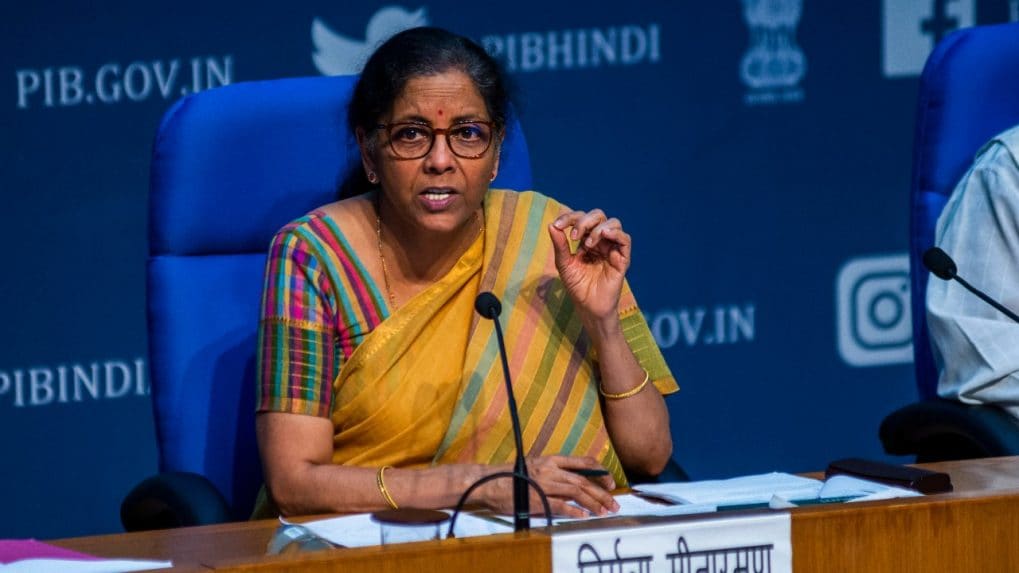
The ministry points out that the surge in stock market capitalization is a pivotal factor propelling the wealth effect, leading to robust consumption growth. “Like an increase in housing prices does, an increase in stock prices can also engender a wealth effect. Solely an increase in stock prices can generate expectations effect. When the asset goes up in value, it results in higher consumption today on the expectation that income and wealth will be higher in the future.”
According to the ministry, among the key high frequency indicators for consumption exhibiting strong YoY growth, credit card transactions tops the list with close to 25% annual growth, followed by domestic air travel, bank credit, vehicle registrations and passenger vehicle sales.
“Various studies have established that financial asset wealth in the form of stock market capitalisation significantly affects the PFCE in India. There is a long-run positive relationship between financial wealth assets and household consumption, implying that households are closely linked with the financial markets through their investments in the form of insurance, mutual funds, company deposits, company stocks, and other forms,” finance ministry observed.
In the ministry’s view, going forward, consumption expenditure is expected to remain strong with the continued realisation of the wealth effect, decline in inflationary pressures, improvement in real wages and further improvement in consumer sentiments.
